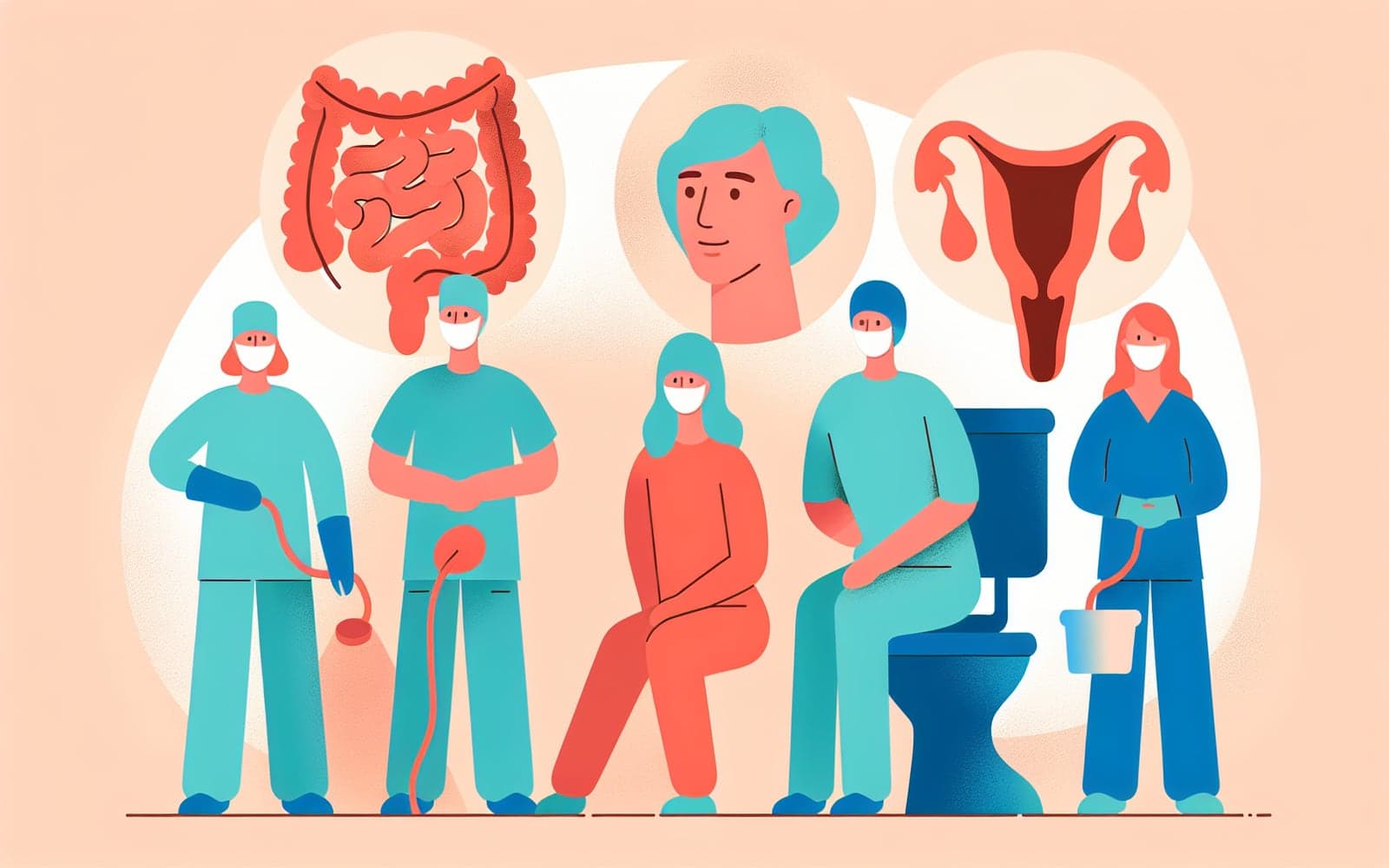Surgical Solutions for Fecal Incontinence: Are They Right for You?
Published: Aug 04, 2024
For those with severe fecal incontinence, surgical procedures offer a path to improved life. Learn about these options.
Contents
Anal Sphincteroplasty
Anal sphincteroplasty is a surgical option for patients with sphincter defects, often due to childbirth injuries. It involves repairing the sphincter muscles to improve control. While effective short-term, the benefits may decrease over time, making it crucial to weigh the pros and cons.
Sacral Nerve Stimulation Surgery
For patients who benefit from temporary sacral nerve stimulation, permanent implantation can be considered. This involves surgically placing a permanent electrode, providing ongoing stimulation to improve continence. The procedure has shown high success rates, though it carries risks like any surgery.

Colostomy
A colostomy is considered when all other treatments fail. It involves diverting the fecal stream to an external bag, providing relief from intractable symptoms. While it's a significant decision, for some, it offers a dramatic improvement in life quality.
Frequently Asked Questions
A surgery that repairs sphincter muscles for better control.
For those who respond well to temporary nerve stimulation.
A procedure diverting fecal streams to an external bag.
Benefits can decrease over time; consult a specialist.
Key Takeaways
Surgical options offer hope but require careful consideration and consultation.
Explore surgical solutions with Doctronic to see if they're right for you.Related Articles
References
Bharucha AE, Dunivan G, Goode PS, et al. Epidemiology, pathophysiology, and classification of fecal incontinence: state of the science summary for the National Institute of Diabetes and Digestive and Kidney Diseases (NIDDK) workshop. Am J Gastroenterol 2015; 110:127.
Always discuss health information with your healthcare provider.

